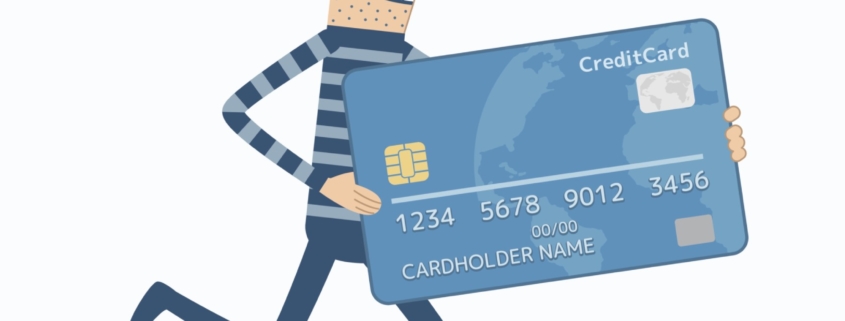Understanding Familiar Fraud
Have you heard the saying “familiar fraud?” If not, you should. This is a crime that is as old as they come; essentially, it’s a crime where someone is taken advantage of by someone they know. For instance, a woman named Axton Betz-Hamilton had her entire savings account drained and the person responsible was unknown…that is until Axton’s mother passed away, and it was discovered that it was her, Axton’s own mother, who had drained the account.
 It’s believed that familiar fraud is not often reported, likely because victims of these crimes think that police won’t take them seriously, or that it will negatively affect their relationship with their family. There is also the fact that, in many cases, these crimes go undetected because people just can’t believe a member of their family would do something like this.
It’s believed that familiar fraud is not often reported, likely because victims of these crimes think that police won’t take them seriously, or that it will negatively affect their relationship with their family. There is also the fact that, in many cases, these crimes go undetected because people just can’t believe a member of their family would do something like this.
As you might imagine, the fallout of familiar fraud can run deep. Think, for a minute, how it would feel to find out that your best friend of 30 years has stolen your identity. Something similar happened to a man named Thomas Nitzsche. He hired his cousin to remodel his bathroom, and he gave his cousin his credit card. What did Thomas’ cousin do? He took the card, bought a bunch of merchandise, and then he sold the merch on the streets.
Even when this happens, it’s common for people who learn that they are a victim of familiar fraud to want to naturally protect their loved ones. This might be due to protecting relationships or to avoid backlash from others. There is also the fact that your family might not believe you when you tell them your sister or your father has been stealing from you.
What Should You Do?
If you think that you are the victim of familiar fraud, you should do the following:
- Do your best to keep your emotions out of it.
- Keep an eye on your credit report. You should also place a fraud alert or better, get a credit freeze on your credit file.
- Think about resolving things without police intervention if it is pretty minor.
- If not, you might want to contact the cops, but think about the pros and cons of this.
- If you do report this, expect some turmoil within the family, but also realize that you are protecting your credit.
If you file a police report, you will also be able to get an extended fraud statement, which can last for seven years. This may or may not mean you won’t be responsible for any charges. Lenders sometimes look at familiar fraud as an approved purchase and will not negotiate forgiveness.
Other Safety Measures
- Each month review your credit card statements.
- If you see changes, even small ones, you should report it immediately
- Don’t give out your debit or credit card to your friends or relatives. If you want to give them money, give them cash.
- Set up push notifications or push alerts so you are aware of charges in real time.
Written by Robert Siciliano, CEO of Credit Parent, Head of Training & Security Awareness Expert at Protect Now, #1 Best Selling Amazon author, Media Personality & Architect of CSI Protection Certification.


























